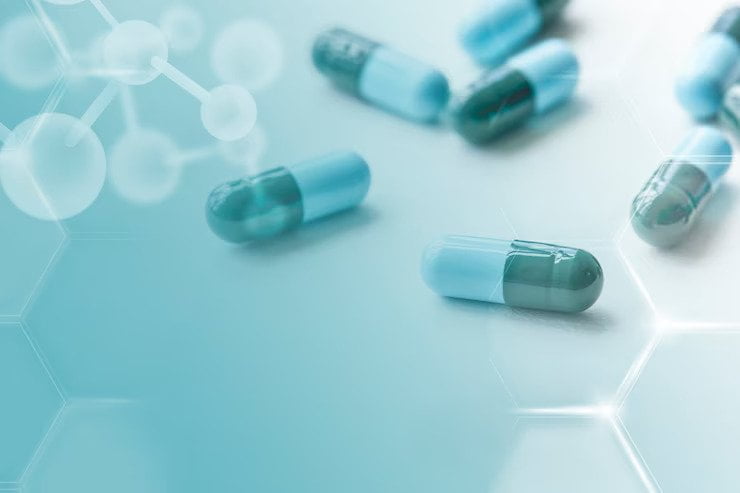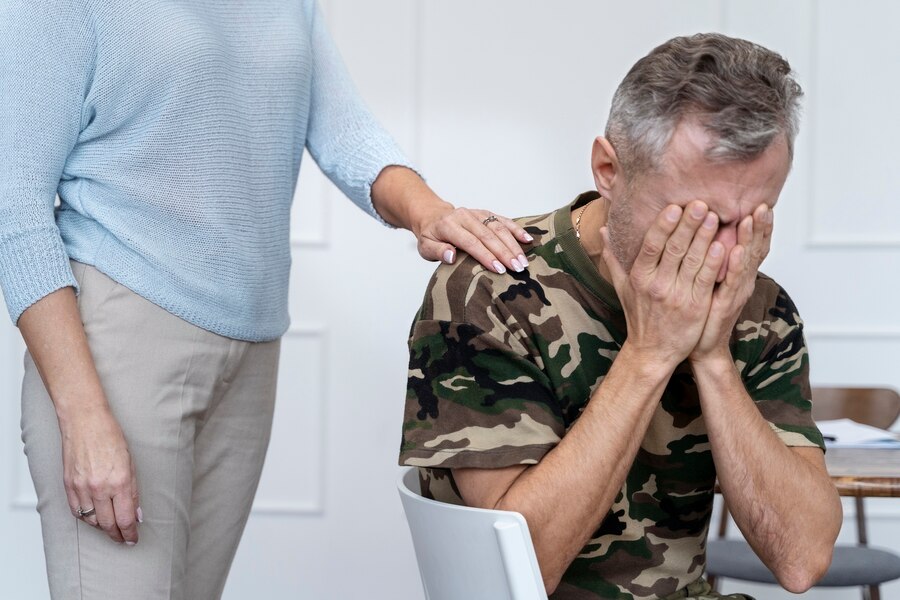In 1961, a drug called Thalidomide was found to have caused between 10,000 and 20,000 cases of severe congenital disabilities in babies. It had been in circulation for nearly ten years, available as an over-the-counter medication to alleviate morning sickness in pregnant women.
More recently, in 2005, Pfizer released an anti-inflammatory drug, Bextra, meant to help people with arthritis. It was eventually found to cause severe stomach and heart problems as well as blisters on the skin and internal organs.
These are just two examples of drugs tested by accredited bodies, found safe within the test sample, and released to the public only to cause serious harm.
According to an FDA report, they receive more than 100,000 reports of medication errors in America every year. The results of these errors include death, long-term hospitalization, permanent health problems, disabilities, and even congenital disabilities.
Pharmacovigilance is vital to ensure that the risk of medication errors is minimized.
Students who pursue pharmacy online programs, like the ones through the accredited University of Findlay, cover pharmacovigilance in their studies. The course covers an introduction to physical pharmacy and pharmaceutics, practical pharmacy skills, application of pharmacy practice and advanced pharmacy practice experience, and pharmacovigilance.
Because all course material is online and you learn at your convenience, you can complete the course in two or three years. To qualify, you need a bachelor’s degree, a 3.0 GPA, and transcripts from the colleges you attended in the past.
Before you enroll, it is a good idea to know a little about pharmacovigilance, how it affects the medications people take every day and the pharmacist’s role in pharmacovigilance.
What is Pharmacovigilance?
All medicines are rigorously tested before they are released to the market. However, no matter how rigorous the FDA is, it can only test new medications on small groups of patients and only for a short time.
It is not uncommon for medications to pass all the tests in clinical trials only to have adverse effects on certain groups after they are released into the market.
Pharmacovigilance deals with the detection, assessment, and prevention of the adverse effects of medications. It is a broad field covering everything from drug side effects to what happens when a patient is issued the wrong medication.
Qualified experts deal with faulty medications, prescription errors, and ineffectiveness of medications, as well as misuse of pharmaceuticals. They also look into poisonings, drug-related mortalities, and adverse reactions when combined with other medications, food, and drink.
Pharmacovigilance is also about teaching pharmacists to always issue the correct drugs to the right patients. Pharmacists gain skills to ensure that they do not make mistakes that worsen a patient’s condition or lead to their death.
What is the role of the pharmacist in pharmacovigilance?
Pharmacists are not mere pill dispensers. They are vital in maintaining the safe and rational use of medications. They make sure that drugs available to the public are safe, without side effects, and that they treat the conditions they are indicated for.
Apart from that, today’s pharmacists are tasked with the following roles:
- They monitor and report drug-related problems
This requires them to know their patients, what they are suffering from, and what medications they are on. They talk to patients to find out how they are reacting to their prescriptions, and if there are adverse effects, they notify relevant authorities without delay.
Pharmacists monitor the use of herbal medication in patients, especially as regards how they interact with prescriptions. As the use of herbal treatments has risen, many people do not realize that certain herbs and medications do not mix. Because you do not need a prescription to get herbal treatments, most people assume they are safe and take them alongside the medications they are issued in the hospital. The pharmacist is well-placed to intercept such patients and talk to them about the benefits, drawbacks, and side effects of using herbal treatments alongside their prescriptions.
- An important role in public health education
They let the community know the uses of various drugs, how they should be consumed, and what side effects, if any, are to be expected. They foster pharmacist-patient relationships with those who are not monitored by doctors to determine how they react to their medications. The pharmacist can determine whether a drug has the intended effect, and if not they can advise the patient to book another visit with their doctor.
What are some of the benefits of pharmacovigilance?
Why do we need pharmacovigilance at all? Why can’t Americans leave it to the FDA and doctors to monitor drug safety?
The answer is simple; neither the FDA nor doctors are as well placed as a pharmacist to monitor how patients interact with drugs. Pharmacovigilance takes advantage of the pharmacist-patient relationship to monitor medications.
But that isn’t all; there are several other benefits of pharmacovigilance:
- Pharmacists who specialize in pharmacovigilance are tasked with collecting data on the safety of medications.
- They detect adverse signals and safety issues in new and old drugs.
- They evaluate the data they collect to determine whether or not a drug is safe for use.
- Pharmacovigilance specialists play an important role in patient care, especially those who are managing chronic conditions.
- They also play an important role in public safety by educating their communities about the uses and side effects of various medications.
- Specialists in the field maintain vital databases that hold vital information on different drugs. These databases are an important reference point when creating new medications and even when dispensing those already authorized.
Conclusion
Pharmacovigilance is a branch of pharmacy that is not very well known to the wider public but serves a crucial role in making sure that our medications are safe.
It allows pharmacists to monitor the effects of the drugs issued to millions of Americans each year and weed out the ones with adverse effects. It also helps eliminate medication errors. Pharmacy online programs can qualify you for a role in this field.
Read Also:




























